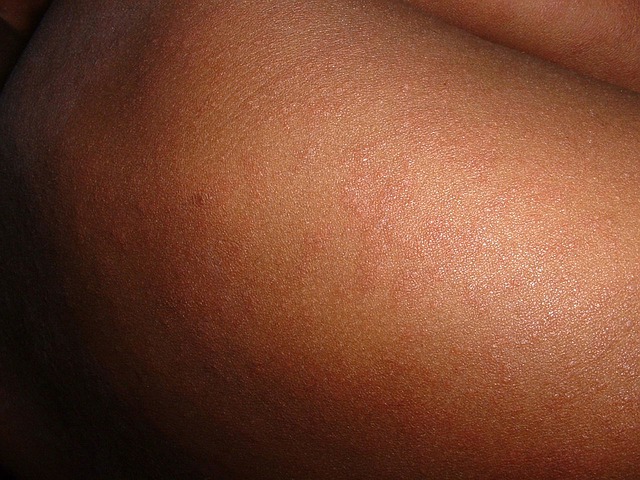Officials at Penn State Health Milton S. Hershey Medical Center in Hershey, Pennsylvania have announced that staff are in the process of notifying patients and visitors known to have been in or around the Emergency Department check-in area between 8:30 p.m. and 11:00 p.m. on Aug. 18 that they may have been exposed to the measles virus.

On Aug. 18, a patient exhibiting symptoms consistent with measles arrived in the Emergency Department. Due to those symptoms, the patient was promptly placed in a negative pressure room and precautions were taken to avoid contact with other individuals. Patient blood test results returned on Aug. 24 suggest the clinically suspected diagnosis of measles is very likely. After blood test results returned, staff at the Milton S. Hershey Medical Center took immediate steps to identify patients and visitors who may have been exposed and began contacting them individually.
Possible exposure includes any patients and visitors who arrived or left through the Emergency Department check-in area during that time.
Because staff quickly took the appropriate steps to isolate the patient, the risk of the infection spreading is thought to be relatively low. However, the Medical Center has notified staff who were in contact with the patient that they may have been exposed.
Pennsylvania officials urge parents to vaccinate children
Anyone at risk of exposure is advised of the following signs and symptoms of measles: rash, high fever, runny nose, cough and red, watery eyes. These symptoms typically appear one to three weeks after infection. The Milton S. Hershey Medical Center is advising anyone who is exhibiting these symptoms to contact their healthcare provider. Anyone unable to contact their healthcare provider can reach out to the Milton S. Hershey Medical Center Contact Center at 1-800-243-1455.
Measles is a highly contagious but vaccine-preventable disease that spreads through coughing, sneezing or other contact with the mucus or saliva of an infected person. People may be more susceptible to measles if they were born after 1957 or they have not received two doses of the MMR vaccine.
Related:
- Invasive Asian ‘Longhorn’ Tick Confirmed in Pennsylvania
- Western Pennsylvania goes from a Lyme-naïve to Lyme endemic
- A ridiculous measles vaccine article examined
- Lyme disease in the US: The Quest Diagnostics Health Trends report
- Legionnaires’ disease cluster reported in Hampton, New Hampshire
- New York: Food poisoning outbreak linked to Jamestown McDonald’s investigated
- Delaware investigates pertussis outbreak among Amish population in Kent County



Don’t staff at HMC have to have proof of MMR before being hired?